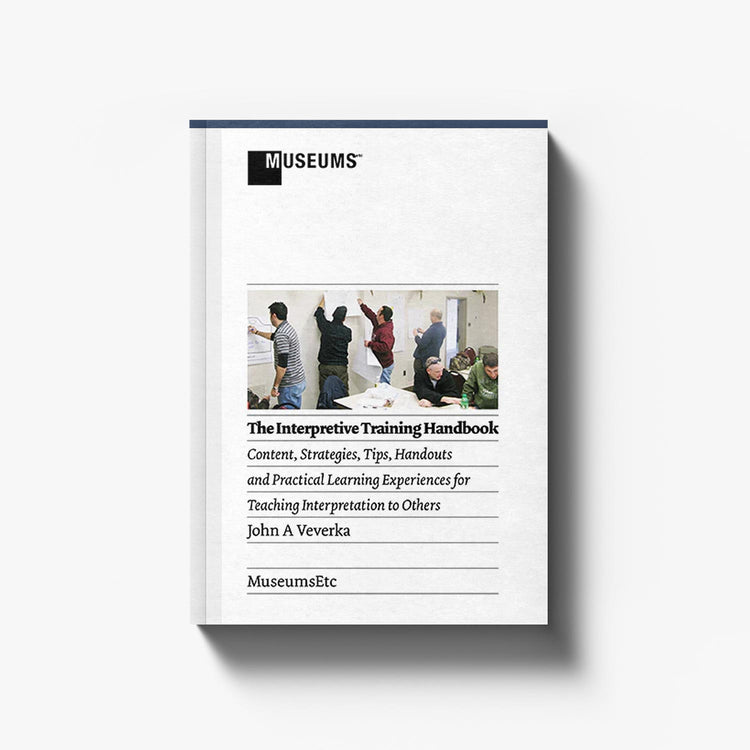Description
Contents list
More
Less
Author
More
Less
Reviews
More
Less
Data
More
Less
Description
Designed for use with a wide range of specialist staff - including interpretors, educators, designers, curators, gallery "explainers", guides and volunteers - in museums, galleries, science centres, historic houses and sites, parks, zoos and commercial tours, the book includes sample pre-and post-test "exams" that let you check if your training is actually working. Importantly, the techniques presented in the book are proven to work in illustrating interpretive concepts and principles. They are supplemented by a wealth of forms, checklists, exercises, worksheets, lesson plans and teaching aids designed to be freely copied and used.
Also available: Interpretive Master Planning | Advanced Interpretive Planning
Contents list
Author
Reviews
Data
You May Also Like




